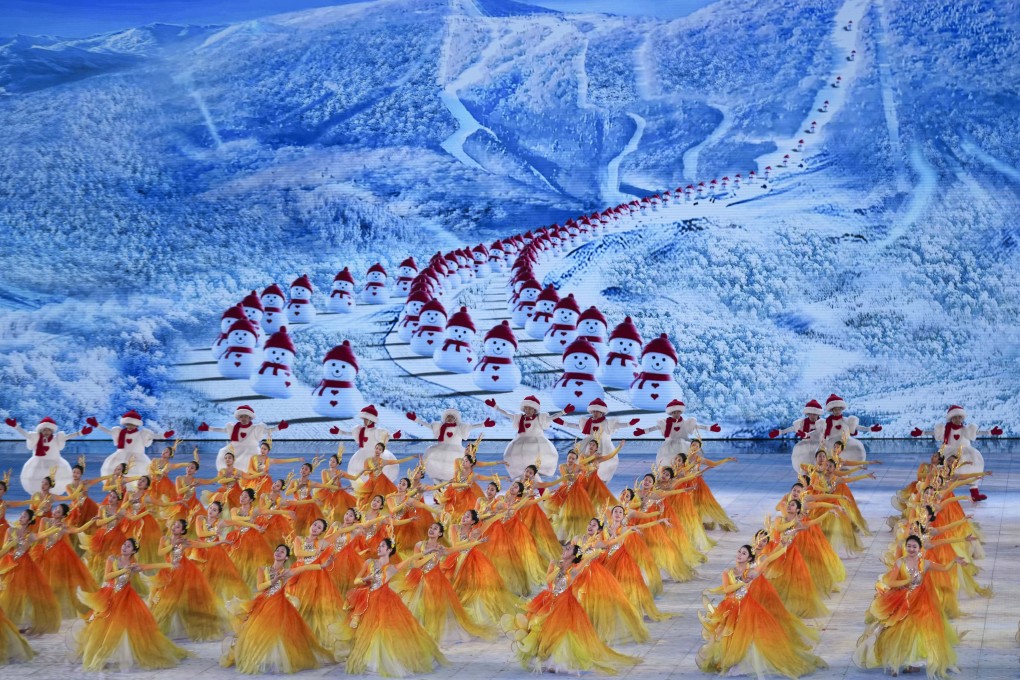Editorial | Asian Winter Games a historic success
The national team claimed another record medal haul while the largest-ever Hong Kong delegation raised the city’s profile in winter sports

China made history again with yet another record medal haul at the ninth Asian Winter Games in Harbin, the third time the event has been held on Chinese soil. And the Hong Kong, China team, while not making it to the podium, have nonetheless raised the city’s profile in winter sports.
The spectacle held in the northeast province of Heilongjiang concluded on Friday, with the national team setting a new record for the most medals won by a single delegation, with their tally of 85 surpassing their own record of 61 in 2007 and Japan’s 74 in 2017. China won 32 gold, 27 silver and 26 bronze this time, followed by South Korea’s 16 gold, 15 silver and 14 bronze medals. A record 34 countries and regions competed this year, surpassing the previous high at Sapporo, Japan in 2017. More than 1,200 athletes participated in ice events in Harbin and snow events in Yabuli, up from 1,147 when the Games were last held eight years ago.
Hong Kong sent its largest delegation, with 74 athletes competing in six disciplines. To be fair, winning medals has always been a tall order for a city with neither snow nor world-class winter sports facilities. While the team returned without any medals as expected, they put up a decent performance. The men’s ice hockey team reached the quarter final, bettering the result in 2017 when the team finished ninth overall. Separately, the men’s curling team finished fourth after being defeated by the national team in the match for the bronze medal.
Unlike previously when the Hong Kong government bought the rights for local free television stations to show the Tokyo and Paris Olympic Games without charge, only RTHK, the government broadcaster, acquired the rights to show some of the events at this Games. It is a pity that the narrow coverage could not enable more local people to watch and cheer for the national and local teams competing on Chinese soil. The arrangement also sits oddly with the city’s growing interest in major sporting events and the policy to promote sports culture. We trust there will be better arrangements when Guangdong, Hong Kong and Macau co-host the 15th National Games in November.
